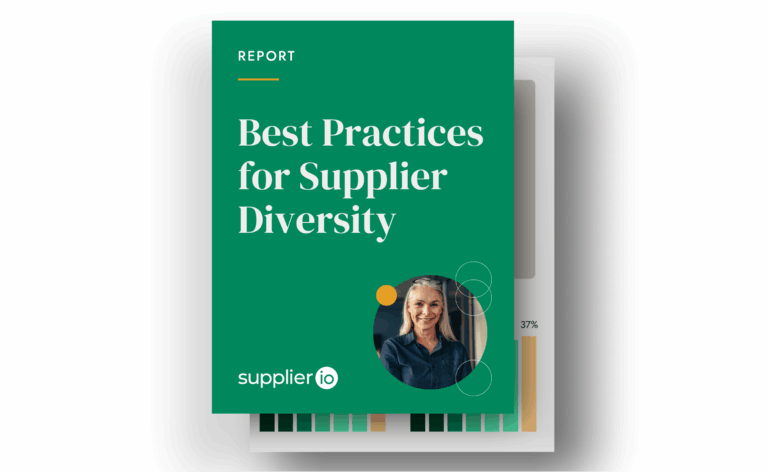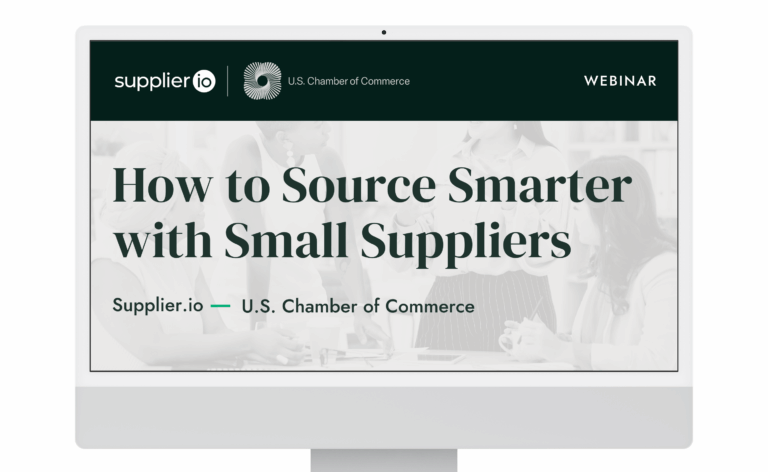Apollo Doubles Down on Portfolio-Company Spending With Diverse Suppliers
Apollo Global Management Inc. is doubling down on supplier diversity across its private-equity portfolio, which includes major companies such as security services provider ADT Inc. and digital media company Yahoo Inc.

“At the fundamental level, supplier diversity drives supply-chain competitiveness, it helps unlock innovation and it can help create access to new markets and deliver socioeconomic impact locally,” said Carletta Ooton, an Apollo operating partner and head of ESG for private equity. She leads the firm’s efforts to implement environmental, social and corporate governance commitments across portfolio companies.
Apollo defines diverse suppliers as businesses that are 51% or more owned or controlled by a historically underrepresented group, such as women or minorities, according to Ms. Ooton. It also requires that a supplier be certified as diverse either through a third party, such as the National Minority Supplier Development Council (NMSDC), or through a government agency.
“They can’t just self-certify,” Ms. Ooton said. “We want that level of assurance.”
Apollo officially launched its supplier diversity program in 2022 with a goal of reaching $1 billion in spending with diverse suppliers by the end of 2024, but surpassed that target by late last year.
“We got to a little over $1.1 billion,” Ms. Ooton said. “We roughly doubled our spending, and we did it very quickly.”
However, she added that Apollo laid the groundwork before starting the program by measuring and mapping spending with suppliers across its private-equity portfolio, which includes more than 20 companies. The firm partnered with procurement consulting company Insight Sourcing Group Holdings LLC and supplier diversity data and analytics company Supplier.io to assess those suppliers, an exercise that Ms. Ooton said helped Apollo reach its initial goal quickly.
“You have to have category-level spend data and you’ve got to really be able to compare it to a benchmark,” she said. “Those insights are what help you craft [a] very specific action plan.”
Apollo also joined trade groups such as the NMSDC, which works with minority-owned businesses, and the Women’s Business Enterprise National Council, which seeks to connect women-owned companies with corporate and government purchasers.
Portfolio companies that helped Apollo drive the increase in diverse-supplier spending last year included Yahoo, ADT and packaging manufacturer Novolex Holdings LLC, according to the firm.
Over the past year, areas where ADT has increased its spending with diverse suppliers include logistics management, temporary employment services, distributors of industrial supplies, and providers of digital technology such as software and computer hardware, according to Eduardo Sanchez, vice president of corporate services at ADT.
The supplier diversity program is one of several Apollo initiatives to help drive more gender and racial diversity in the alternative investment industry. The firm co-founded AltFinance, a $90 million 10-year program aimed at providing training, fellowships and other opportunities in the sector for students from historically Black colleges and universities (HBCUs).
Apollo also runs separate talent networks with job-hunting website operator CareerBuilder LLC that help connect military veterans as well as HBCU students and alumni with openings at the firm and its portfolio companies.




